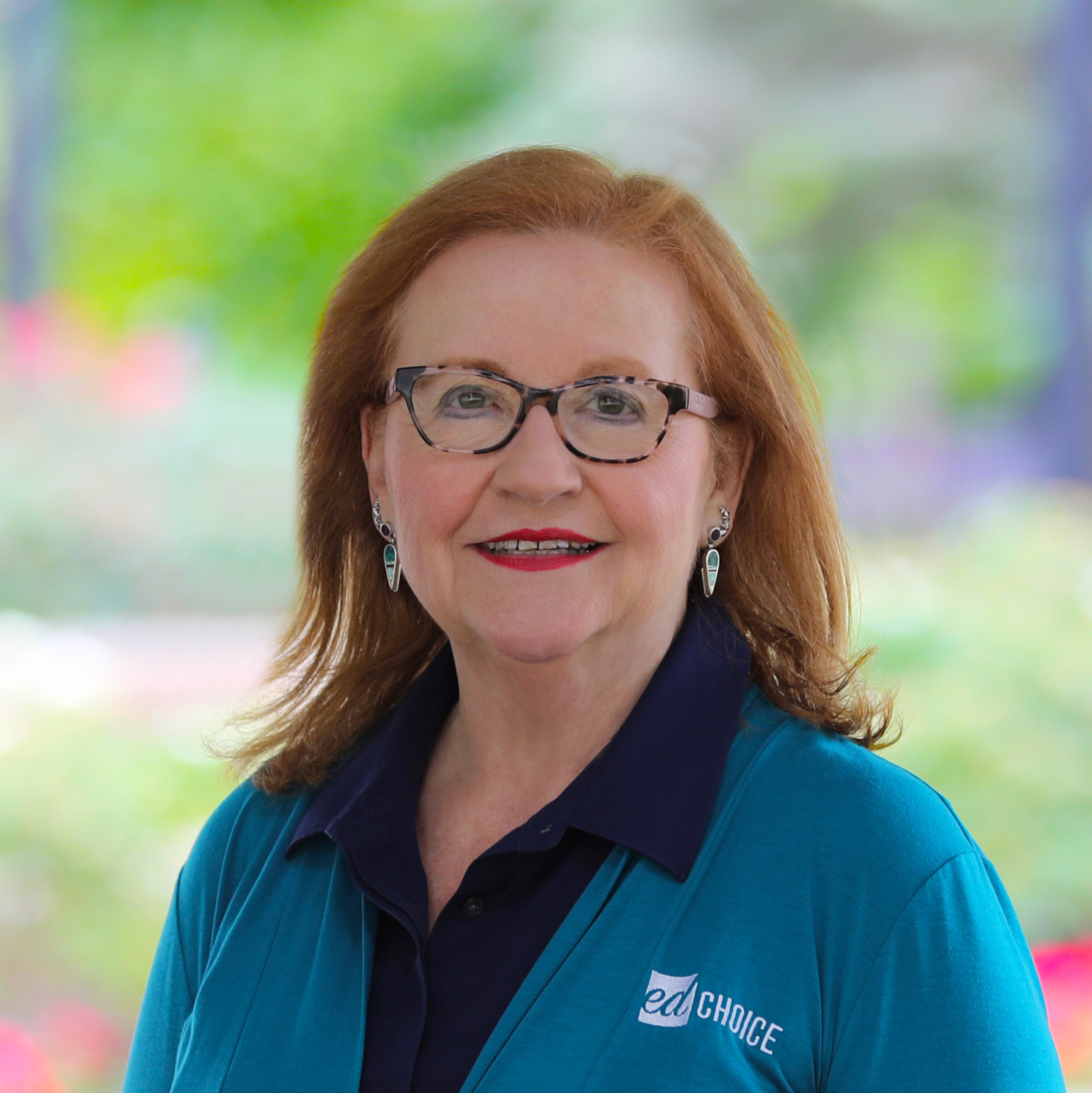BRIEF: School Choice in the States January 2016
National
The Friedman Foundation joined with students, parents, educators, and advocates across the United States in celebrating National School Choice Week. As part of the week’s events, we released the 2016 edition of The ABCs of School Choice.
Arizona – Michael Chartier @mchart1
Two companion bills, HB 2482 and SB 1279, were introduced. The bills seek to expand Arizona’s Empowerment Scholarship Accounts to all children currently in public school over the course of three school years. HB 2482 passed out of the House Ways and Means Committee in a 5–3 vote late in January. It is now awaiting hearing in the Rules Committee. SB 1279 has been assigned to the Senate Education, Rules, and Finance Committee.
Another bill making its way through the legislature, SB 1280, would amend administrative language for the state’s ESA program, clarifying interpretations for the Arizona Department of Education.
Florida – Brittany Corona @BrittanyLCorona
On January 21, Florida Gov. Rick Scott signed an eligibility expansion of the Florida Personal Learning Scholarship Accounts program, now named the Gardiner Scholarship Program. With Gov. Scott’s signature, eligibility expanded to include 3- and 4-year-olds, students who have muscular dystrophy, and students who are anywhere on the autism spectrum.
Idaho – Michael Chartier @mchart1
A new bill, HJR1, was introduced last month. The bill would amend the Idaho state constitution, clarifying that it could no longer prohibit any sum of money earmarked for educational purposes from being sent to the parent of a child. It has been referred to the State Affairs Committee.
Kansas – Michael Chartier @mchart1
A new bill to expand Kansas’s corporate tax-credit scholarship program, HB 2457, was introduced to the legislature in January. The bill would expand student eligibility and raise the overall tax credit cap on the program, thus offering educational options to more students in Kansas. It was referred to the House Committee on Education and will receive its first hearing this week. Find out more about this program’s current tax cap and eligibility requirements here.
Kentucky – Brittany Corona @BrittanyLCorona
SB 44, a bill to establish a tax-credit scholarship program for children whose family income is no more than 160 percent of the federal free and reduced-priced lunch program, was introduced in January. Taxpayers contributing to scholarship granting organizations would receive 90 percent of total contributions made in the taxable year. In the 2016–17 school year, the scholarship amount would be capped at $25 million. The cap could increase by 25 percent if 90 percent of the prior year’s cap were to be reached. The bill also supports public schools with a school improvement tax credit that allows taxpayers to receive a credit when they direct contributions toward Commonwealth schools.
Oklahoma – Michael Chartier @mchart1
A bill to create the first education savings account (ESA) program in Oklahoma, HB 2949, was introduced last month. This program would be a universal program for all Oklahoma children who have previously attended a public school. The bill has not yet been referred to a committee. Click here for more information on Oklahoma’s other school choice programs.
Tennessee – Brittany Corona @BrittanyLCorona
Tennessee lawmakers introduced the Tennessee Choice and Opportunity Scholarship Act (HB 1049 – SB 999), a school voucher program, to the legislature in January. The Opportunity Scholarship would allow low-income students or students assigned to attend a school in the bottom 5 percent of schools in overall achievement to attend a private school of choice. The program is capped at 5,000 scholarships in the first year, but would expand in subsequent years. The bill has been referred to the House Ways and Means Committee. If passed, it will move to the House floor.
Virginia – Brittany Corona @BrittanyLCorona
Virginia lawmakers introduced HB 389, a proposal to establish an ESA program. The proposed program is modeled after Arizona’s ESAs, where eligible families are awarded a restricted-use savings account, filled quarterly. The ESA would be funded with 90 percent of the state’s Standards of Quality funds, or around $3,625. Parents could then use those funds toward a variety of educational tools and services. The bill is currently in the House Committee on Appropriations. Last year, a similar ESA bill passed in the House and was narrowly defeated by the Senate.
Virginia lawmakers also introduced HB 1017 and HB 1019. Both bills offer improvements to the Education Improvement Tax Credit Scholarship Program by increasing the amount of time scholarship granting organizations have to report donations to the Virginia Department of Education, clarifying auditing requirements, and expanding eligibility to prekindergarten.




